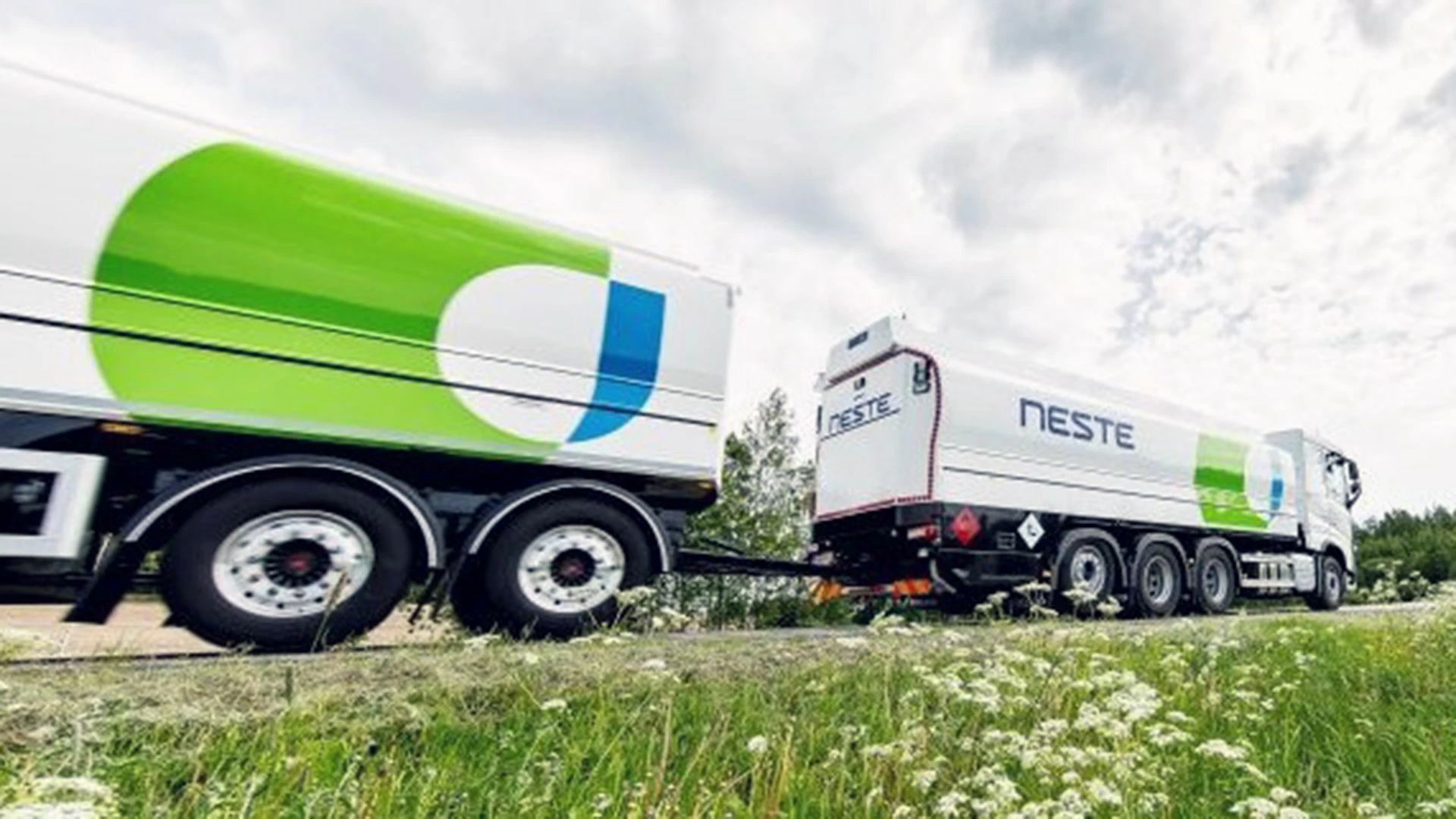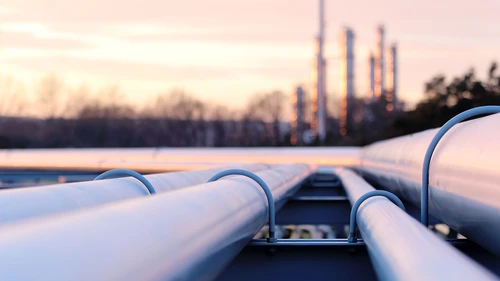Before plunging into the case itself, it makes sense to see how investors consider sustainability. It seems that from an investor perspective, it is becoming more common that company analysis considers not only financial metrics but also takes into account environmental, social and governance (ESG) factors. This is because company-specific and professionally analysed ESG information can provide broader insight about the risks and opportunities the company is and will be facing in the future.
Many roads to more sustainable investments
ESG investing has become very popular in recent years, and there are many different ways to consider related aspects. As ultimately investors need to cover their costs, it is obviously important to weigh those costs compared to the estimated benefits. In a more passive fund that includes hundreds of holdings, it for example makes sense to monitor ESG data on a more overall level and look at readymade overall ESG-ratings coming from data providers.
However some funds, like Nordea Stars Funds, approach the theme more actively. In the Stars Funds, ESG is seen as an elementary opportunity to add value both to the investment and society as well as the environment at large. Due to the win-win philosophy, active ESG work at Nordea is made an integral part of the investment process. In practice this means that portfolio managers work closely with dedicated ESG professionals, diving deep into companies and suggesting concrete actions that support both the company’s business, society and the environment in the long run.
Climate change as a business catalyst
Now to the company in the intro. Neste is a Finnish company focusing on refining and marketing renewable diesel, aviation fuel and oil products. The conventional oil products are mostly sold within the Baltic Sea Area – about 60% within Finland, Sweden, Estonia, Latvia, Lithuania, Denmark and Poland – and the renewable diesel products are sold internationally, for example in Europe and North America.
The company is one of the largest investments in the Finnish Stars Fund and also included in the Nordic Stars Equity Fund, which both invest exclusively in companies that take environmental, social and governance matters seriously.
As the entire business of Neste is highly connected to climate change, current and future environmental risks and opportunities have been discussed with the company’s representatives. In addition, the company has been assessed from social and governance perspectives.



